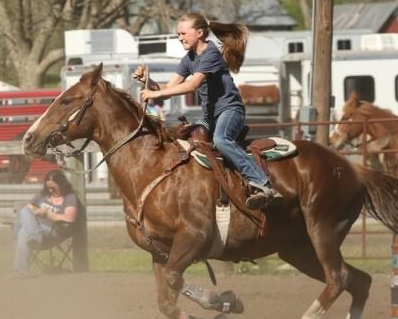Horse owners, as well as producers of other hooved animals, should be on the lookout for a highly contagious virus among their stock that was recently confirmed in Benton County.
The Arkansas Department of Agriculture recently issued an alert noting that several instances of vesicular stomatitis virus, commonly referred to as VSV, had been confirmed at an equine facility in Benton County, Arkansas.
According to the U.S. Department of Agriculture, VSV primarily affects horses and cattle, although it may affect other hooved animals such as sheep, goats and swine. Humans can also become infected with the virus when handling the animals and coming into contact with infected saliva or nasal secretions.
It is primarily spread among animals through black flies and other biting insects. The virus outbreak in Benton County appears to be a strain specific to horses.
Heidi Ward, assistant professor and extension livestock veterinarian for the University of Arkansas System Division of Agriculture, said that while VSV poses a potential threat to the state’s beef cattle industry, this particular outbreak in horses is likely due to the fact that horses are moved much more frequently, especially when county fairs and rodeos are in season. For this reason, she said, precautions must be taken when moving animals within Arkansas.
The virus primarily attacks the superficial vessels of the nose, mouth, lips and tongue, causing ruptures and painful sores. This in turn causes an animal to produce an increased amount of saliva, which may be the strongest indicator of infection to an owner or veterinarian. The painful nature of the sores discourages animals from eating, which can lead to further illness.
The Arkansas Department of Agriculture has issued movement restrictions for horses in Benton County, as well as the three adjacent counties—Carroll, Madison and Washington counties. In order to transport any equine (horses, donkeys or mules) off the owner’s property, owners must have a certificate of inspection issued by a veterinarian licensed in Arkansas and accredited by the USDA, not more than five days from the date of travel. The department also issued quarantine orders for all animals on the property where VSV was detected, as well as animals on all adjacent properties.
Arkansans who have questions about VSV, or suspect animals on their property may be infected with the virus, should contact the state veterinarian’s office at 501-823-1733

